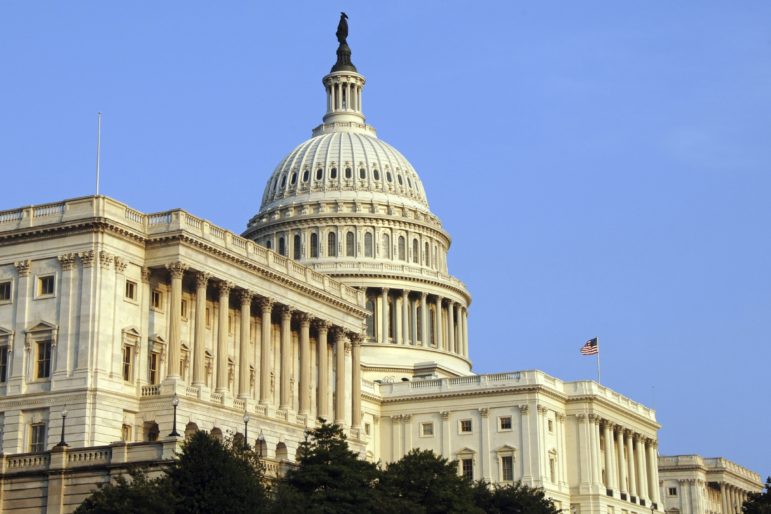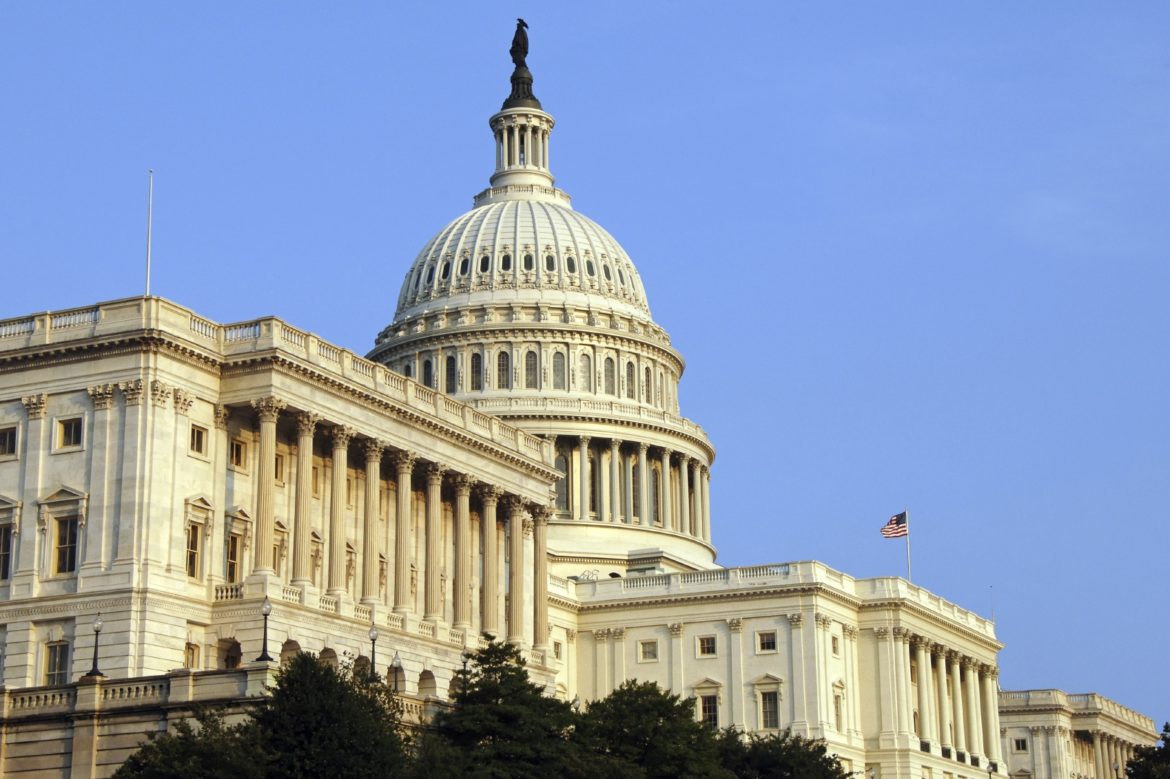 WASHINGTON — The House voted today to update the key federal law that aims to prevent delinquency and protect juveniles in state and local custody.
WASHINGTON — The House voted today to update the key federal law that aims to prevent delinquency and protect juveniles in state and local custody.
The House passed the Supporting Youth Opportunity and Preventing Delinquency Act (HR 5963) by 382-29, just two weeks after the long-sought bipartisan bill was introduced.
The legislation is a reauthorization of the Juvenile Justice and Delinquency Prevention Act, a law that sets standards for the treatment of juveniles that states follow to qualify for federal funding.
The bill would update core protections in the law, give states new tools to prevent delinquency and gang involvement, and provide guidance on curbing racial and ethnic disparities in the system.
This “is about more than improving the juvenile justice system. It’s about helping vulnerable kids realize they have an opportunity to succeed in life and giving them the support they need to seize that opportunity,” said Rep. Carlos Curbelo, R-Florida, a lead sponsor of the bill.
“This act … is a major step in the right direction towards reforming our juvenile justice system,” said Rep. Tony Cárdenas, D-California. “I am particularly grateful that the bill includes my community-based gang intervention bill, to help gang-involved youth.”
The swift passage of the House legislation means all eyes will be back on the Senate, where lawmakers have limited days left on the legislative calendar to act on the House bill or find a way forward for a Senate version of the bill (S 1169), which is very similar to the House version.
A spokeswoman for Senate Judiciary Chairman Chuck Grassley, R-Iowa, a lead sponsor in the Senate, said he is seeking input from lawmakers on the differences between the two pieces of legislation. Since the bills are so similar, Grassley is optimistic the House bill can pass in the Senate, she said.
The Senate reauthorization has wide bipartisan support but stalled earlier this year when Sen. Tom Cotton, R-Arkansas, objected to a provision that would end what’s known as the valid court order exception for status offenders.
The JJDPA prohibits the detention of minors for status offenses, behaviors such as truancy or running away that are only considered offenses when committed by minors, unless a judge issues a court order.
The House bill has won the support of juvenile justice reform advocates who have long sought a reauthorization of the bill, which hasn’t been updated since 2002.
“Premised on research-based understandings of juvenile justice and delinquency prevention, H.R. 5963 reaffirms a national commitment to the rehabilitative purpose of the juvenile justice system; one that supports developmentally appropriate practices that treat as many youth as possible in their communities,” said the ACT4JJ Campaign, a coalition of youth advocates, in a letter voicing the organization’s support for the bill.
The advocates did draw attention to one of the more significant policy differences between the House and the Senate bills: the way each end the valid court exception. Both would phase out the exception over three years, but the House bill allows states to apply for one-year hardship extensions, which would be approved or denied by the federal Office of Juvenile Justice and Delinquency Prevention.
“Though we prefer the Senate’s approach to the phase out, which does not include an annual hardship exception, the House bill is an improvement over current law that sends a clear message to states and will help keep greater numbers of youth from being unnecessarily detained,” the letter said.
The bill also has the support of Fight Crime: Invest in Kids, a national law enforcement organization.
“This bipartisan reauthorization of the Juvenile Justice and Delinquency Prevention Act (JJDPA) supports evidence-based programs that can prevent youth from engaging in criminal activity or rehabilitate youth who are starting to offend. These proven programs provide a critical support for law enforcement, as well as an investment in those young people,” the group said in a letter to lawmakers.

Pingback: Congress Leaves Without Final Action on Several Youth Services Priorities | Youth Today